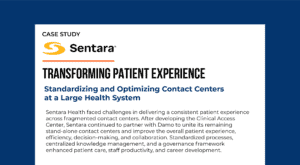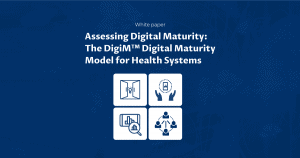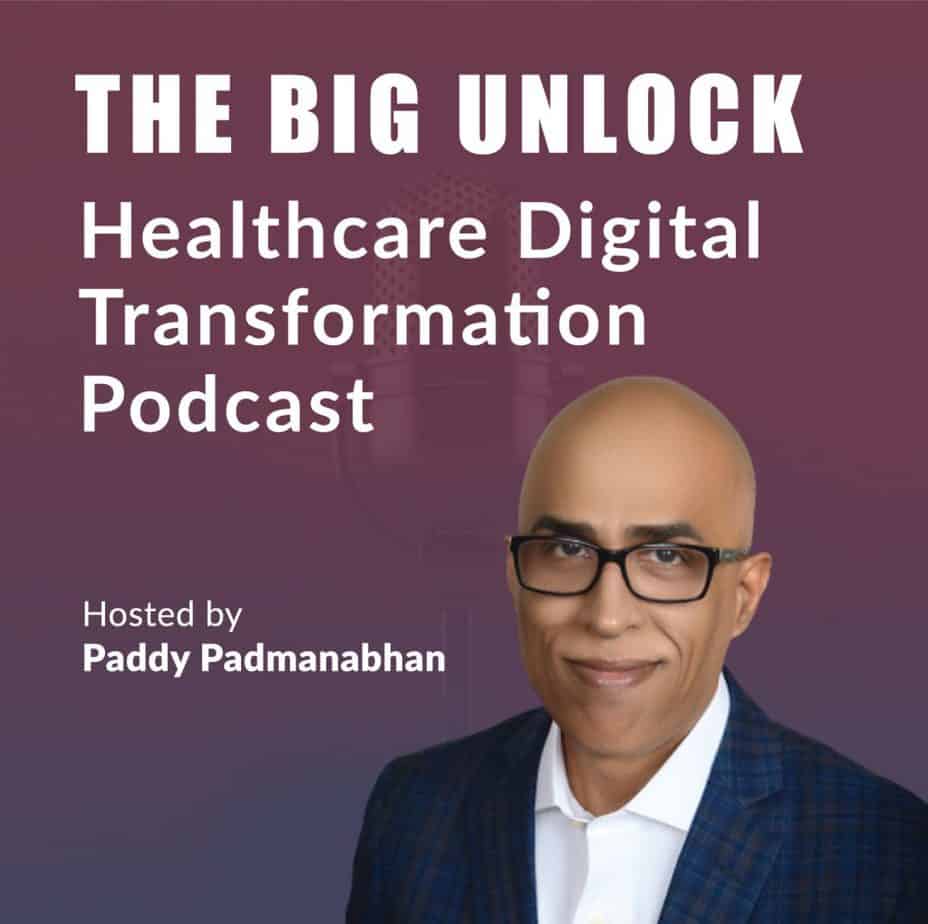Key Highlights from the J.P. Morgan Healthcare Conference
Some of the key focus areas were M&A, cost-cutting measures, and revenue cycle management
This year’s J.P. Morgan Healthcare Conference at San Francisco had 9000 attendees and over 450 public and private companies. The conference was attended by various eminent people from the industry – Joe Biden, Bill Gates, and Anne Wojcicki – to discuss pertinent issues in the industry. Some of the key themes that came out of the discussions were – impending M&A in the industry, cost-cutting measures, and revenue cycle management.
Let’s look at some of them in detail:
M&A set to rise in 2019
David Ricks, CEO of drug maker Eli Lilly, indicated that the conditions are ripe for a M&A uptick in 2019. Pharma leaders (from companies such as Pfizer, GSK, AbbVie) shared their strategic acquisition plans. However, Albert Bourla, CEO of Pfizer, mentioned they will stay away from “destructive deals.”
Some of the deals that drew attention at the conference are:
- Bristol-Myers Squibb’s $74 billion deal to buy Celgene to drive more value in oncology, autoimmune diseases, and cardiology.
- Eli Lilly’s offer to buy the cancer-focused biotech, Loxo Oncology for $8 billion to broaden the cancer portfolio of the company.
Some of the healthcare providers also took the opportunity to share their future plans:
- The pending mega-merger between Dignity Health and Catholic Health Initiatives: Both the companies expect to close the deal by January 31. Previous schedule to close the deal was last month (December 2018).
- The pending merger of Baylor Scott & White with Memorial Hermann: The CEO, Jim Hinton, mentioned that the added scale will create efficiencies that will in turn drive down costs. The deal is expected to close by spring 2019.
- Providence St. Joseph Health disclosed the second $150 million healthcare venture fund (known as Providence Ventures II), which they plan to use to target early-stage and growth-stage companies focused on information technology, technology-enabled services, medical devices, and healthcare services. Providence Ventures manages $300 million and has invested in fifteen portfolio companies and co-invested with over twenty-five leading health care venture capital firms since its inception in 2014.
Revenue Cycle Management
- Intermountain Healthcare had acquired $20 million stake in R1 RCM (a provider of revenue cycle management and physician advisory services) in January 2018 and announced it would transfer about 2,300 non-clinical employees to R1 RCM. The provider realized better performances enterprise-wide due to this outsourcing deal/partnership.
- According to President and CEO, John Starcher Jr., the EBITDA of Ensemble Health Partners increased from $10 million to $90 million from the time it was acquired by Bon Secours Mercy Health, two years back (2016).
- The chairman and CEO of Tenet Healthcare, Ronald Rittenmeyer said they are still interested in selling Conifer Health Solutions, its RCM subsidiary. He also mentioned that Conifer is well-positioned for revenue growth “under Tenet’s ownership or under a different ownership structure,” and they “will continue to focus on growth and improvement in Conifer with the same vigor as in 2018.”
Reducing cost to drive affordability – what are some of the providers doing?
Many providers showcased the results of their cost-cutting measures.
- Intermountain lowered its exchange plan premiums 2.7% on an average between 2018 and 2019 and estimated that they have saved consumers in Utah $10 million to $15 million.
- Geisinger’s Steele Institute for Healthcare Innovation is studying a project on how much it must lower the cost of care for patients to generate return for its health plan members.
- At Pittsburgh-based UPMC, administrators are tracking cost at every level, such as cost per hour for operating rooms, and cost per claim, and are working to lower those numbers. Robert DeMichiei, Chief Financial Officer of the UPMC health system, mentioned – People are not going to keep paying 5%-7% rate increase every year.
Plans for the most discussed merger of 2018 – the “CVS-Aetna” ~$70 billion deal revealed
CVS Health CEO, Larry Merlo revealed several ongoing/about to launch programs for its new acquisition – Aetna- to “close gaps in care.” Some of the programs are: Common Chronic Disease Management, Readmission Prevention, Site of Care Management, and Optimize Primary Care. The integrated company has launched the program “Provide adherence outreach and counseling to Aetna members at high-risk for adverse health events” in Q4 2018 and is planning to launch few other pilot programs (such as “Schedule MinuteClinic follow-up within 14 days post discharge when unable to see provider”) in Q1 2019.















